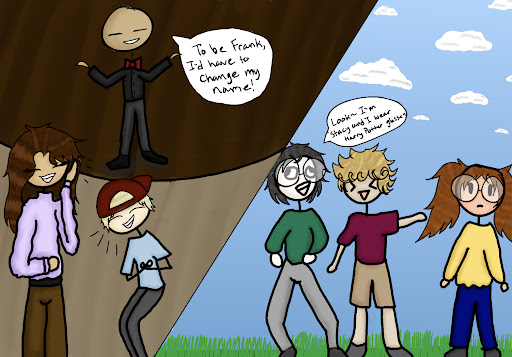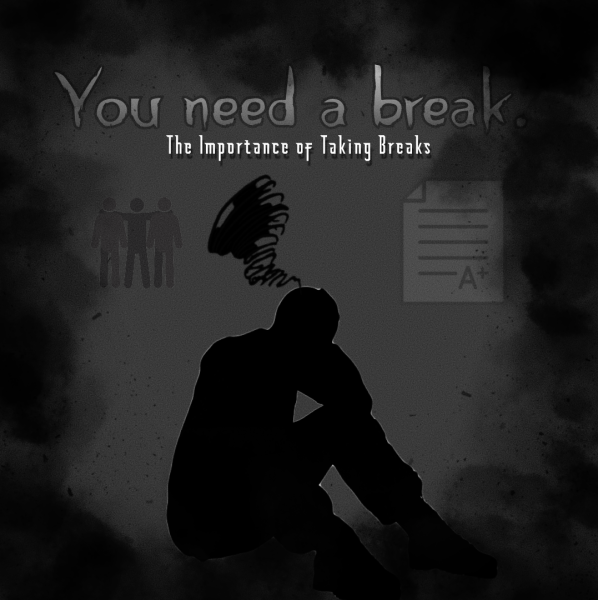The Fine Line Between Comedy and Mockery

Picture by Ashlee Guardado
Who doesn’t like to add a sprinkle of laughter to their life now and then? There’s no doubt that a world without humor would be a rather dull, sad life. However, landing a joke that makes dozens of people erupt into laughter is a tall task unachievable by most. In the pursuit of doing so, many times, comedians go overboard. Jokes can cross the line of “funny” into “overly offensive” territory and turn into a mockery instead of seeming like a witty gag.
One fine example of a joke that went too far is the Will Smith and Chris Rock controversy. We all know about it. On March 27, Rock compared Smith’s wife (Jada Pinkett Smith) to G.I. Jane at the Academy Awards—and wham! A slap swiped Rock’s grin straight off. No one saw it coming. Clips circulated, and the Internet went wild with a flood of memes coming from the incident. Among the gossip was the prevailing question: was the violence justified? Wasn’t it “just a joke?”
First off, let’s look at the difference between comedy and mockery.
On the one hand, the goal of comedy is to entertain the audience. There are numerous types of humor, including slapstick, deadpan, surreal, and others. These days, self-deprecation has been replacing the infamous offensive humor. Some argue that the decline of such aggressive jokes resulted because of “cancel culture,” making people easily offended. I’d say that compassion and a little basic empathy have made people realize the power of words.
Offensive humor all too often devolves into unintentional mocking. Mockery is the practice of hurling insults at someone or something to earn a few laughs. Mocking others can be vicious because mockery preys on the anxieties of the victim of the joke. However, concerns about insensitive jokes that cross the line should not be ignored. Do you expect people to “relax” and separate themselves from their background, race, and all the parts that make “them?” Of course not. Consequently, offensive humor can hit too close to home and seem like an insult.
Not to mention, “punching down,” the act of asserting your authority over those of lesser status (such as marginalized races or disabled individuals), is a critical term when discussing the ethics of comedy. We root for the underdog for a reason, don’t we? It’s not exactly Comedy Central watching the top 1% make fun of working-class people trying to make ends meet. It’s also not enjoyable to see someone criticized for a trait they can’t change.
Going back to the Academy slap, it should be noted that there’s a difference between laughing “with” vs. laughing “at.” Jada Smith struggles with alopecia. Rock made the joke at her expense and mocked her for her unpreventable hair loss. Making light of things can help relieve tension, but it’s not always appropriate and can come across as highly insensitive at the wrong time.
Put yourself in her shoes: hearing dozens of others laugh around you while you’re dealing with an autoimmune condition isn’t going to make you feel any better. It’s like hearing a teacher crack a painfully unfunny joke about you and listening to the class giggle and mock you in agreement.
Obviously, I still wish Smith settled the matter with Rock in a more mature, non-violent manner. As things stand, both of them should have rethought their behavior on that historic Academy Awards night.

Hello again, Quartz Hill! My name is Tiffani Pe, and I’ll be serving as an assistant Copy Editor for the QHHS Ubiquity. Being a senior IB student with...

Hey! I am Ashlee Guardado, and this is my final year in Journalism. I am a senior and have been an honors/AP student since middle school. I’m an assistant...






